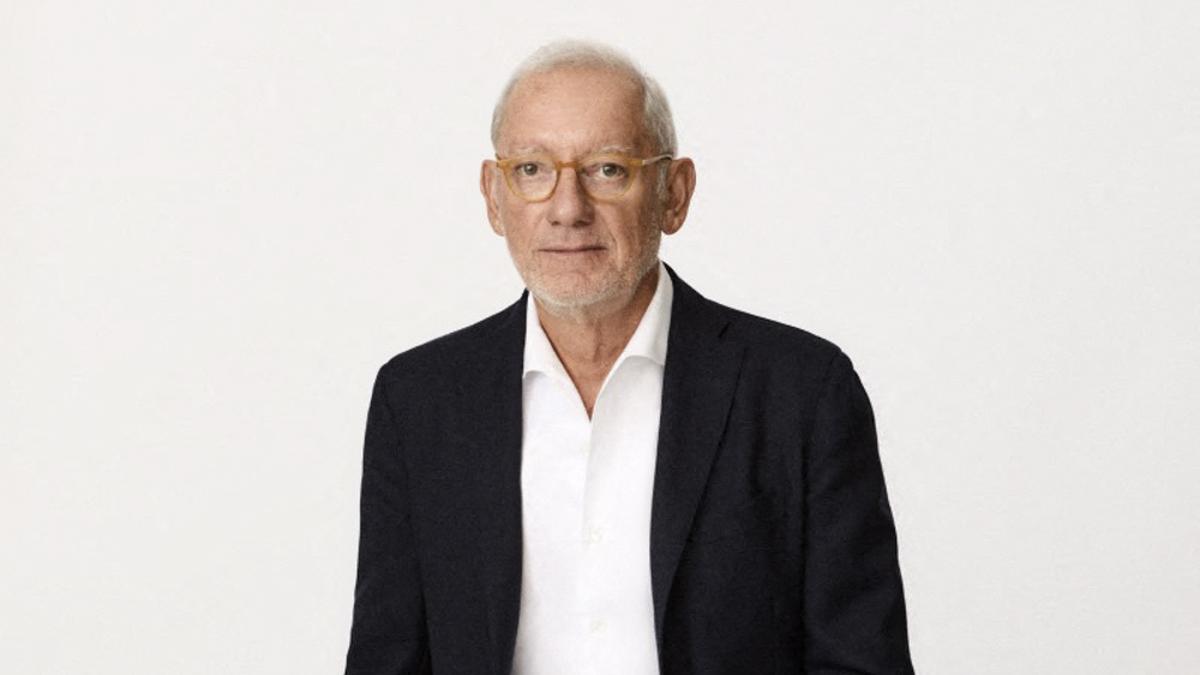Around 13% of the people involved in drug and substance abuse in India are below 20 years, which calls for further stepping up community intervention and preventive mechanism targeting adolescents, according to Billy Batware, Programme Officer of United Nations Office on Drugs and Crime (UNODC).
Speaking at the International Forum on ‘Children Matter-Right to a Drug-Free Childhood’, Mr. Batware said children faced increased risk of drugs and alcohol abuse due to their poor mental and physical health resulting from violence, exploitation and sexual abuse against them.
He was speaking on “Drugs and Transnational Crime in a Child’s World and Role of Civil Society” at the three-day international meet, organised by Fourth Wave Foundation in partnership with UNODC and World Federation Against Drugs (WFAD) in Thiruvananthapuram on Thursday.
Child trafficking, child labour and exploitation by criminals often result in poor mental and physical health of children, leading to high risk of drugs and alcohol abuse. Involvement of children in crime is mostly due to socio-economic hardship and the lack of opportunities, he said.
C.C. Joseph, Director, Fourth Wave Foundation-India, said there was a steep increase in the use of drugs among children and a drastic increase in crime rates relating to drugs in Kerala. Lack of trained public healthcare officials to work with children, child treatment and child care protocols were grave issues in the state.
In a panel discussion on “Global Drug Policy Advocacy Efforts Focused on Children,” Kavita Ratna, Director of Advocacy and Fundraising, The Concerned for Working Children-India, said substance abuse affected children, both as users and as victims. She said children were also entitled to State protection.
Sumnima Tuladhar, Executive Director, Child Workers in Nepal Concerned Centre (CWIN)-Nepal, noted that children who used drugs and lived in less privileged situations faced stigmatization, torture and sexual exploitation. She added that child clubs could play a key role in prevention.
Dr Arun Kandasamy, Professor of Psychiatry, Centre for Addiction Medicine, National Institute of Mental Health and Neuro Sciences (NIMHANS), Bengaluru, said considering the vulnerability factors, 70 percent of adolescents have a family history of addiction. “If they can be identified and treated early, most of the complications and consequence can be reduced,” Dr Kandasamy noted.





